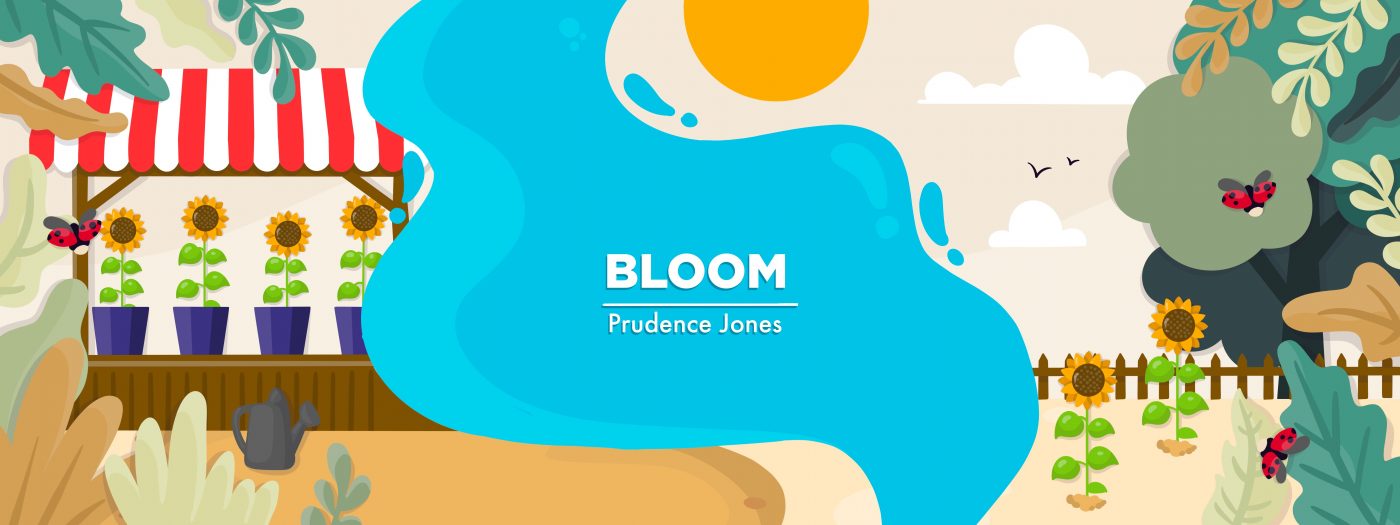Why It’s So Important to Find Your People

When Alfie was first diagnosed, I went searching. I needed answers. I needed to know that my little boy would be OK. I searched every website and every social media platform. Some days I got so obsessed that I’d have to force myself to stop.
I first found a little girl in Canada who also had LAMA2. I messaged her mom. Honestly, deep down, I think I was hoping she’d tell me something like, “It’ll all be fine, so don’t listen to the doctors. None of things they’re saying will happen!” But, of course, that’s not how the conversation went.
Instead of feeding me lies, she gave me acceptance, understanding, and empathy. While we couldn’t tell each other for sure that everything would be OK, we could tell each other that we understood, that we were not alone.
I soon found a LAMA2 Facebook support group with about 500 members worldwide. I was greeted by a father who said, “Welcome to the worst group to have found yourself needing, but the best one to rely on.” Almost two years on, that comment still rings so true. How I so wish I’d never needed to join a LAMA2 support group, but how incredibly glad I am that I did.
So many unexpected positives have arisen from Alfie’s diagnosis, and I have to say the connections and friendships I have built are some of the best. Alfie’s diagnosis has opened my eyes wider to the world that we’re all in.
I have now “met” parents caring for not-so-typical children from all over the world, and not just parents of children with LAMA2. I have met many different people, from many different walks of life, parenting children with all sorts of different needs I otherwise never would have heard of or been exposed to.
Recently, I met the wonderful mom of a beautiful 2-year-old with SMA type 1 in person for the first time after chatting online for about 12 months. It was one of those moments when you meet someone for the first time yet it feels like you’re old friends. You feel understood, like they get you and you get them. I am so grateful for the guidance I have gotten not only from this family but also from many families afar.
Melanie Dimmitt explains it in her book, “Special: Antidotes to the obsessions that come with a child’s disability“:
“It’s a sensation, a weighty-ness, that substantiates your life and gives you a kind of clarity you didn’t have before. While others around you might meander through the motions of love, marriage and baby in the carriage, a child who transcends the ‘typical’ endows their parent with a searing consciousness — a deeper perspective — one that those who haven’t veered off life’s well-trodden path don’t, and couldn’t possibly understand.”
And it’s true. These friendships and connections are so important. How special it is to have people with whom you can bond over the hardships. People who actually make you laugh over the things that usually might make you cry. People who don’t look at you with those sad eyes. People who understand when you have to sit or stand in a certain place to keep your child safe, when you have to stop to tube feed your child, or when you have to interrupt a conversation to reposition your child to play more comfortably.
I feel like there is a wonderful kind of unspoken agreement that those of us on this path are all always there for each other. I’ve had many inboxes from complete strangers along this journey. Some simply express their anxiety over a particular therapy or appointment, some ask for advice or guidance, and others just send their love.
If you are just beginning on this journey or you have been too scared to reach out yet, I urge you to find your people! Unfortunately, it might not be the first person or group of people you find. Find those who fill your cup and put you at ease.
I honestly believe that Alfie and I would still be scrambling around, trying to find our feet, if I didn’t have these places to post a question for real parents with real kids with similar needs to respond, rather than some doctor who read a section on the diagnosis and has only dealt with it in hospital.
Find those with whom you can share even the scariest thought in your head. Find those with whom you can simply just sit, saying nothing, while they just, inherently, get it.
***
Note: Muscular Dystrophy News is strictly a news and information website about the disease. It does not provide medical advice, diagnosis or treatment. This content is not intended to be a substitute for professional medical advice, diagnosis, or treatment. Always seek the advice of your physician or another qualified health provider with any questions you may have regarding a medical condition. Never disregard professional medical advice or delay in seeking it because of something you have read on this website. The opinions expressed in this column are not those of Muscular Dystrophy News or its parent company, Bionews, and are intended to spark discussion about issues pertaining to muscular dystrophy.







Leave a comment
Fill in the required fields to post. Your email address will not be published.